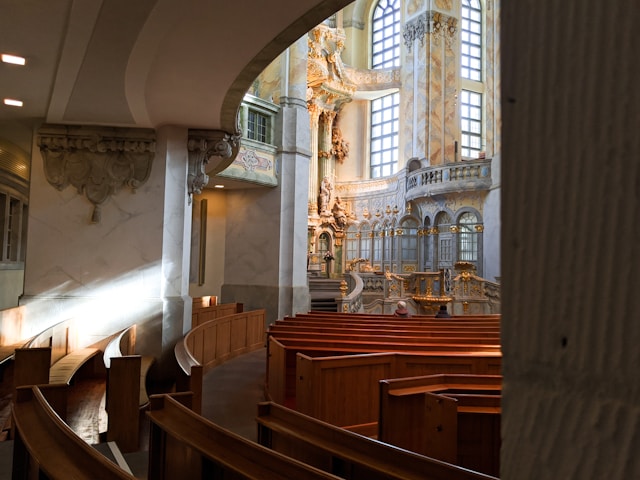Your cart is currently empty!
Discover the Church of the Nazarene: A Comprehensive Guide

Introduction
The Church of the Nazarene is a Protestant Christian denomination founded in 1895. With a global presence, the church emphasizes holiness, evangelism, discipleship, and compassion. This comprehensive guide delves into the history, beliefs, practices, and ministries of the Church of the Nazarene, providing valuable insights for those seeking to understand this vibrant faith community.
History
Early Origins
The roots of the Church of the Nazarene can be traced back to the 19th-century Wesleyan Holiness Movement. Its founders, Phineas Bresee and J.P. Widney, were Methodist ministers who believed in a deeper experience of Christian perfection. In 1895, they established the Church of the Nazarene as a separate denomination.
Growth and Expansion
The Church of the Nazarene experienced rapid growth in its early years, establishing churches across the United States and beyond. By the mid-20th century, it became an international denomination with a strong presence in Africa, Asia, and Latin America. Today, the church has over 3 million members in more than 160 countries.
Beliefs
Holiness
The Church of the Nazarene believes in the sanctifying grace of God, which empowers believers to live holy lives. This emphasis on holiness is reflected in the church’s teachings, practices, and commitment to personal piety.
Evangelism
Evangelism is a central pillar of the Church of the Nazarene. The church actively engages in the proclamation of the gospel, believing that every person has the right to hear the message of salvation.
Discipleship
The church places a strong emphasis on discipleship, nurturing the spiritual growth and development of its members. This includes providing discipleship resources, equipping believers for ministry, and promoting lifelong learning.
Compassion
The Church of the Nazarene believes in the compassionate love of God and calls its members to extend that love to others. The church actively engages in service projects, humanitarian aid, and community outreach.
Practices
Worship Services
Worship services in the Church of the Nazarene are characterized by a blend of traditional and contemporary elements. They typically include singing, prayer, scripture reading, preaching, and communion.
Baptism and Communion
The church practices believer’s baptism by immersion and views communion as a symbolic representation of Christ’s sacrifice and a renewal of the covenant with God.
Membership and Ordination
Membership in the Church of the Nazarene is based on a personal profession of faith in Jesus Christ and a commitment to live a holy life. Ordained ministers must meet specific educational and experience requirements.
Ministries
Local Churches
Local churches are the foundation of the Church of the Nazarene. They provide a place for worship, fellowship, discipleship, and service.
Education
The church operates a network of educational institutions, including Nazarene Bible College (Colorado), Trevecca Nazarene University (Tennessee), and Northwest Nazarene University (Idaho).
Mission and Relief
The church engages in extensive mission and relief work around the world, providing humanitarian aid, supporting education and healthcare, and working towards social justice.
Publishing
The Church of the Nazarene publishes a variety of resources, including Bibles, books, and periodicals. The Wesleyan Publishing House is the official publisher for the church.
Conclusion
The Church of the Nazarene is a vibrant and growing Christian denomination with a rich history, strong beliefs, and a commitment to holiness, evangelism, discipleship, and compassion. Its local churches, educational institutions, mission programs, and publishing endeavors make a significant impact on the lives of millions around the world. By embracing the grace of God and living out its core values, the Church of the Nazarene continues to play a vital role in the Christian landscape.